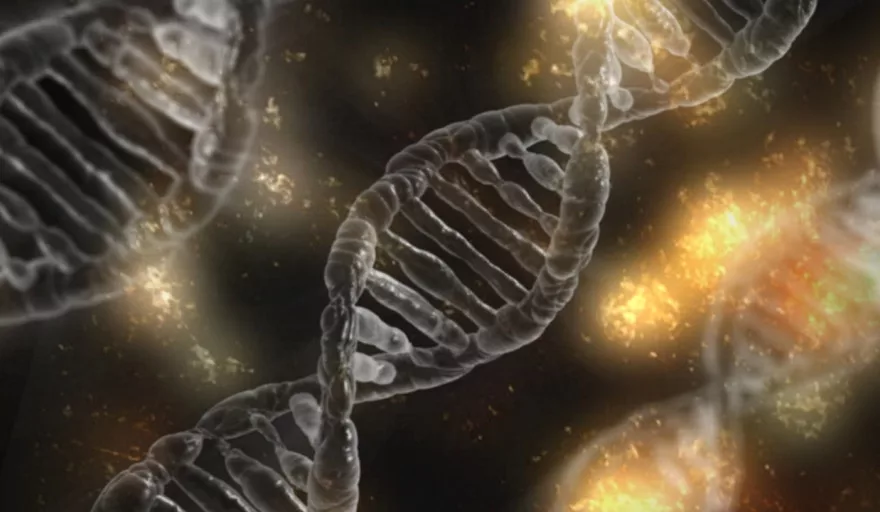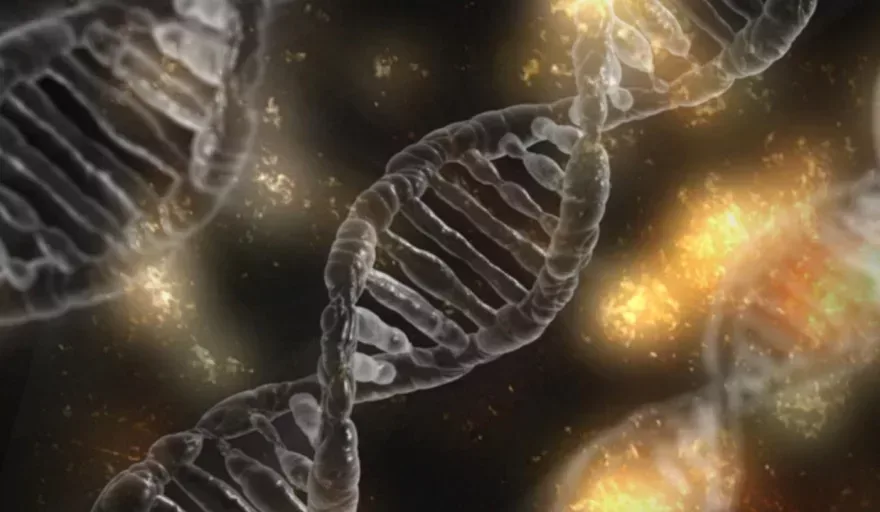
“The time to act is now. In the coming decades, the food system in Africa will experience a further strain as a projected rise by 1.3 billion will hit Africa’s population. Food security issues will only grow if technological innovations are not adopted, and climate change will further intensify these challenges.”
For Andre Laperriere, the need to modernise food production in Africa is an imperative one.
As CEO of Global Open Data for Agriculture & Nutrition (GODAN), he works first-hand with governments and businesses in several countries, helping to drive the uptake of digital techniques in a bid to boost productivity.
We asked him a series of questions about this work and the wider context of technology in African agriculture.
Africa Outlook (AfO): What is your take on the level of innovation and implementation of technology into agricultural practices across Africa?
Andre Laperriere (AL): While the level of innovation and technology implementation has developed in recent years within agricultural practices across Africa, there is still substantial ground to cover.
Today, over 333 million people across Africa still do not have access to enough food to live a healthy and sustainable life and food security issues remain a significant problem. Farming industries across the continent continue to suffer due to the lack of access to relevant data with most small-scale isolated farmers in rural Africa missing out on new and improved methods and best practices.
AfO: How important generally is technology and data to boosting agricultural productivity?
AL: Technology and its ongoing developments could be a game-changer in terms of its potential to transform agricultural productivity and sustainability in a resilient manner.
Open data and its capabilities to gather and streamline incredible amounts of data has developed alongside technological advancements throughout the years. However, its potential impact on the agricultural space has rarely been considered a key solution to solving the food crisis. The potential for the use of open data to combat food issues can and should no longer be ignored; not only because of the relevant historical data that open data can harbour, but also its potential to help increase production of crops. Further, with increased access and sharing of data, farmers will be enabled to harness the data for practical uses such as monitoring water supplies and anticipating changes in the weather.
Through the use of satellite data, remote sensing and mapping, farmers, businesses and consumers in the agricultural industry in Africa can harness the most relevant and useful information to improve and adapt practices, make better decisions and ensure sustainability. Increasing access will trigger innovations that will bring both agriculture and nutrition to the next, higher level of impact, improving efficiency, yields, competitiveness and ultimately increasing food security not only in Africa but on a global scale.
AfO: Why was GODAN established in 2012?
AL: The GODAN initiative was established in 2012 following G-8 Summit discussions in 2012 and 2013 where it was emphasised how opening up access to data is important both for combating food insecurity and malnutrition, as well as laying the groundwork for a sustainable agricultural system in the future.
The initiative was launched to pioneer the proactive sharing of open data to make information about agriculture and nutrition available, accessible and usable to the public to deal with the urgent challenge of ensuring world food security.
GODAN focuses on building high-level support among governments, policymakers, international organisations and business in both the public and private sectors all over the globe. In turn this promotes the collaboration and cooperation among stakeholders in the agriculture sector, harnesses the growing volume of data generated by new technologies to solve long-standing problems and benefits farmers and the health of consumers.
AfO: What inspired you to join the organisation in 2015?
AL: Having held previous positions within the United Nations, focussing on the design and implementation of reforms across a number of developing countries in the Americas, the Caribbean, Africa, Europe and the Middle East, I was exposed to the detriment caused to many societies by the lack of food and ongoing food security issues experienced, with these issues still preventing these countries from achieving their full development potential.
It was through my experience working across the globe, that I began to realise how food security has become a world security issue, and one of international collaboration. It was no longer just a matter of national security and commercial competition.
Additionally, the next 50 years would bring the need to produce 70 percent more food than at present. I recognised that in order to meet this challenge, we would need to change our collective thinking, do things differently, and innovate.
AfO: Tell us about GODAN’s presence in Africa. Summarise the work you are carrying out on the continent.
AL: GODAN has held a significant presence in Africa to date. We currently have over 250 partners across the continent including Chad, Ghana, Nigeria and Zimbabwe and we are working with multiple governments, organisations and businesses across the public and private sector to transform the farming and agriculture industry by working tirelessly to advocate the usage of open data.
We continue to work on the ground with farmers and organisations to enable access to open data and demonstrate the benefits through first-hand experience. Not only this, but we understand the importance of government support in pioneering for open data, so we also participate in a number of high-profile summits and conferences in not only Africa but all over the globe.
AfO: How should governments, NGOs and private enterprise collaborate to build a better agricultural sector across the continent?
AL: In order for open data access to be successfully adopted, it is essential that cross sector collaboration and the sharing of knowledge is pushed to the top of the agenda.
The Horizon 2020 programme in Europe is a prime example of a working collaboration. Launched in 2014, the largest EU research and innovation programme is combining the knowledge of multiple sectors and industries to tackle societal challenges. The EURAKNOS thematic network in particular, is making major breakthroughs in the agri-food and forestry data space. As part of the Horizon 2020 programme, this network is further developing the compilation of knowledge by intensifying interactions between industry leaders and government bodies to share best practices, methodologies and tools used to develop the agriculture industry of multiple nations.
This is a perfect example of how cross-sector collaboration can develop the agricultural sector and tackle societal challenges. A similar programme needs to be developed across the continents in Africa to a similar effect. Cross-sharing data and knowledge between governments, NGOs, businesses and enterprises must be a priority.
AfO: What are your priorities for GODAN for the rest of 2019 and beyond?
AL: GODAN is constantly looking at ways to encourage and promote the sharing of open data on a global basis. Innovation is key to this and we are shifting our focus to ways in which the agricultural and farming landscapes can be changed for the better. Granted, this is not something that will be achieved overnight, but GODAN has earmarked 2019 as a crucial year in making great strides forward as we look to end world hunger.
As already touched upon, GODAN will be involved in a number of programmes and initiatives such as EURAKNOS in order to help strive this technological revolution. However, we will also be in attendance at key events and summits around the world in which we will be showcasing initiatives and advocating for further use of open data.
More fundamentally, we will continue to press towards the elimination of the ‘digital divide’, obstacles that still prevent African farmers, especially small farm holders, to benefit from the technical advances that until recently were limited to the large industrialised farms.
AfO: Are you optimistic for the future development of a productive, sustainable food production process in Africa?
AL: I will always be optimistic because that is one of the key ingredients for success. Africa has already been turning to open data to help improve and enhance a sustainable food production process model. Granted, it has a long way to go, but it has shown its success over time. The case studies in Ghana and South Africa have been testament to this development and what it has done for the countries economically has been instrumental, as many of these nations rely on food for trade and not just domestic use.
Africa is possibly the richest continent in terms of agriculture potential. Furthermore, we see across the continent a new generation of educated, innovative and passionate young entrepreneurs, eager to tap into this potential and drive their economies forward. These are the key ingredients to success: potential, talent, and eagerness to go forward. This is why Africa will succeed.
Governments are key in encouraging the use of open data, and Africa has had a history of governments being very resistant to such a vast access of information, but with the economic impact being the driving force, this could soon change. However, the role of the public and its many innovators will also be important as they hold the key which can ultimately unlock a number of opportunities. They can come from all over the globe and share information with one another at just the click of a button; this could help reach communities and businesses in far corners. Such communication can provide a platform for Africa to excel and as a result, flourish in the not too distant future.






























